In a 2015 TED talk, Microsoft founder Bill Gates shocked the audience when he made a claim seemingly out of the blue: "If anything kills over 10 million people over the next few decades, it's most likely to be a highly infectious virus rather than a war. Not missiles, but microbes." That's right! Bill still thinks viruses are the "greatest risk of global catastrophe" out there today. Is he paranoid, or on to something?
An Outrageous Outbreak
The biggest pathogen catastrophe ever was the black death, aka bubonic plague. In the 14th century, this bug ripped through Europe and killed 1/3 of the continent! That's not a typo. The ripple effects still impact our lives today! But how, you ask?
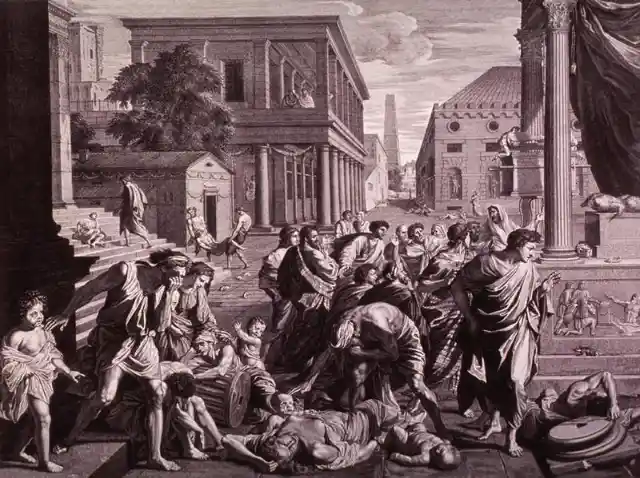
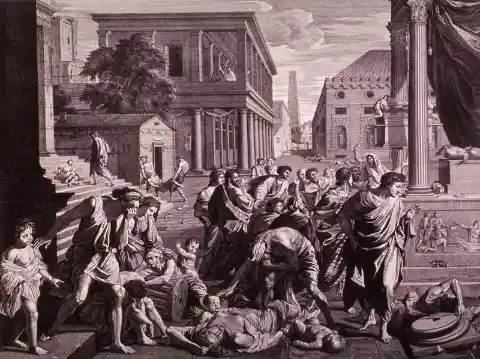
From genetic diversity changes to the invention of totally cool industries, the plague still shapes our current reality. Before the invention of antibiotics, this dastardly bacteria strain caused as much damage as any lethal virus. Nobody knew what it was! With the current outbreak of COVID-19 around the globe, it might be time to take a walk down memory lane and look at a few history lessons. Dark ones, to be sure!
Read on to discover the unexpected revolution of the black death — still going strong in 2020!
Thanks For The Pubs
Disease often kills business, but the plague actually helped develop a core part of the culture of England. Pubs, hello!
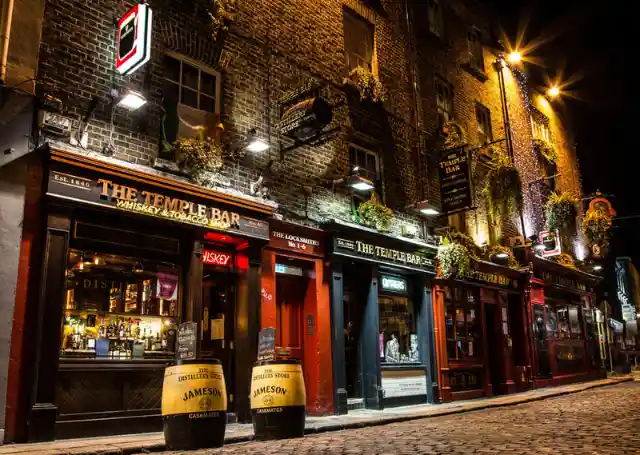
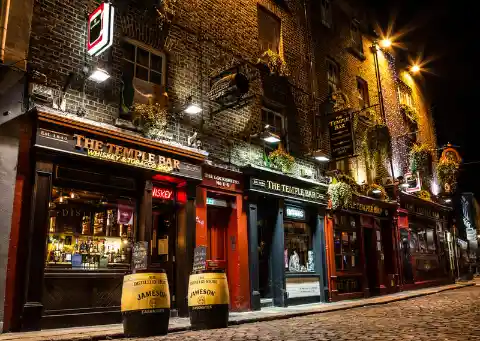
After the chaos was over, salaries increased and prices decreased. Dramatically, so! For the first time, disposable income for the masses meant easy beer after a hard day's work. Plus, a little de-stressing was needed after suffering through a wave that killed 1/3 of the continent! Pubs began to appear more and more, and they seem to be here to stay. Cheers!
Grim Reaper Became A Keeper
When we picture death portrayed as a character, most think of one frightening character. The Grim Reaper has hung out for centuries in our minds, a shrouded skeleton with a sharp, scary scythe. Yikes!
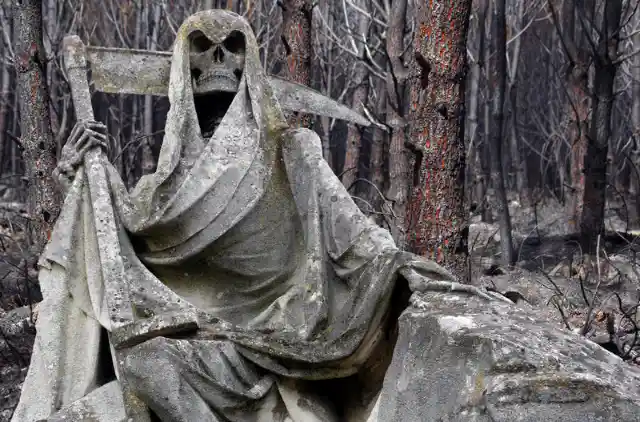
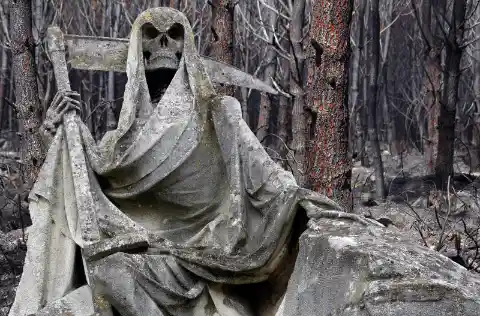
He comes to collect souls right before people die. Pretty grim! When everyone was focused on death on the daily, a need for visual representation of the abstract arose. And voila, the result is some pretty creepy imagery! Despite the disappearance of the disease, Grim seems content to stay for good.
Introducing: The Middle Class
Back in the day, life operated by class on a wild level. Before the plague, especially! In England, for example, there were the rich and there were the poor. And not much in between!
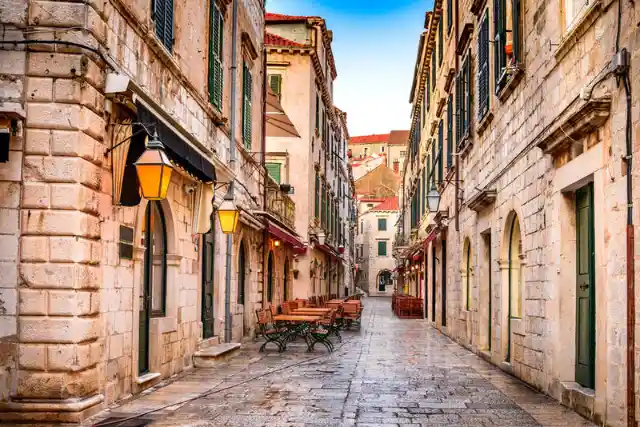
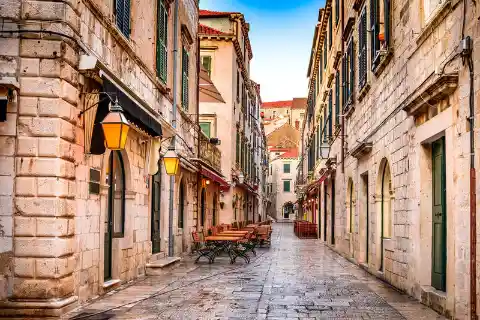
Most people in medieval England were peasants with nothing to their names. After the mass death that included fellow working competition, a lot more jobs needed to be done than workers available to do them. The surviving peasants could pick and choose what they actually wanted to do! And now, they could finally accumulate property. The middle class was born!
Quarantine Enters The Lexicon
The word Quarantine is all the rage these days. Isolating the sick to protect then healthy during a contagion is a great idea, but where did it originally come from?
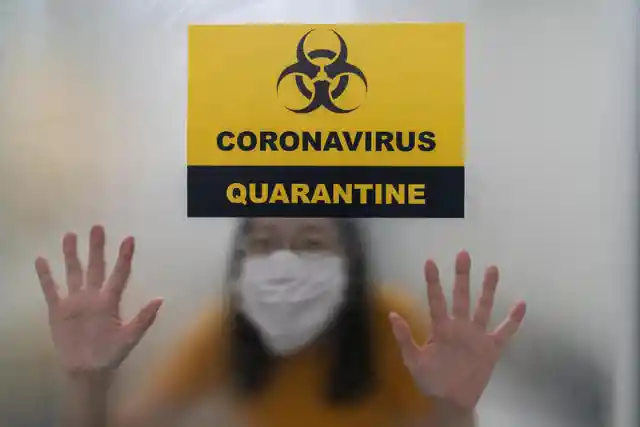
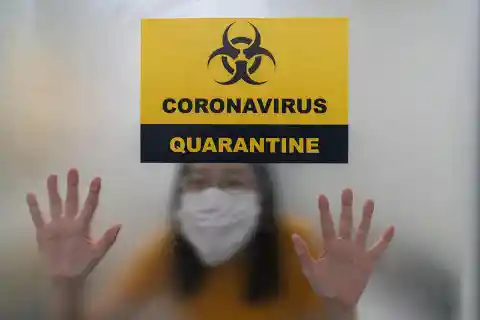
During the black death, Italians decided that a 40 day quarantine would be best. Why 40? They decided on the number based on biblical events like the great flood and lent. And it so happens that the word for 40 is Quaranta in Italian, so the origin of the word is easy to understand. The rest now, is linguist history!
Hospitals Evolve
Surprisingly, hospitals were not so different than hotels before the Black Death. Because of the state pof medicine, it was mostly a place where travelers and the poor could simply get a good rest. Obviously, a pandemic changed all that!


Dreadfully sick people needed a lot more, and hospitals adapted. The institutions we rely on today really got conceptually started in Florence in the 1330's and 1340's. Necessity is the mother of invention, after all!
Bye Bye Vikings
Ancient Nordic fighters have really made a comeback lately, at least in TV and film. Traders and explorers with cool costumes? Why that's ready-made for historical fiction!
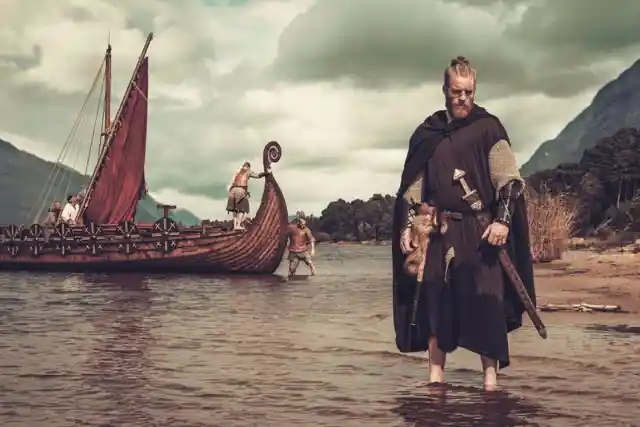
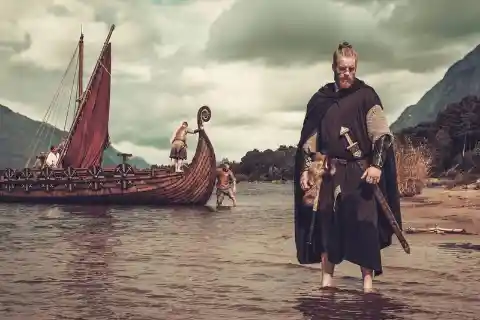
Sadly, the black death wasn't as much of a fan of the Vikings. The disease killed all the new warrior residents in Greenland, and exploration abruptly halted. If not for this major roadblock, who knows where they would have sailed and settled? Mexico could be speaking Norwegian right now!
Biological Warfare Beginnings
Biological Warfare, is a concern about the future of war. But is it already the past? One Mongol warrior named Janibeg seems to have benefited a lot during this plague in battle. How, exactly?
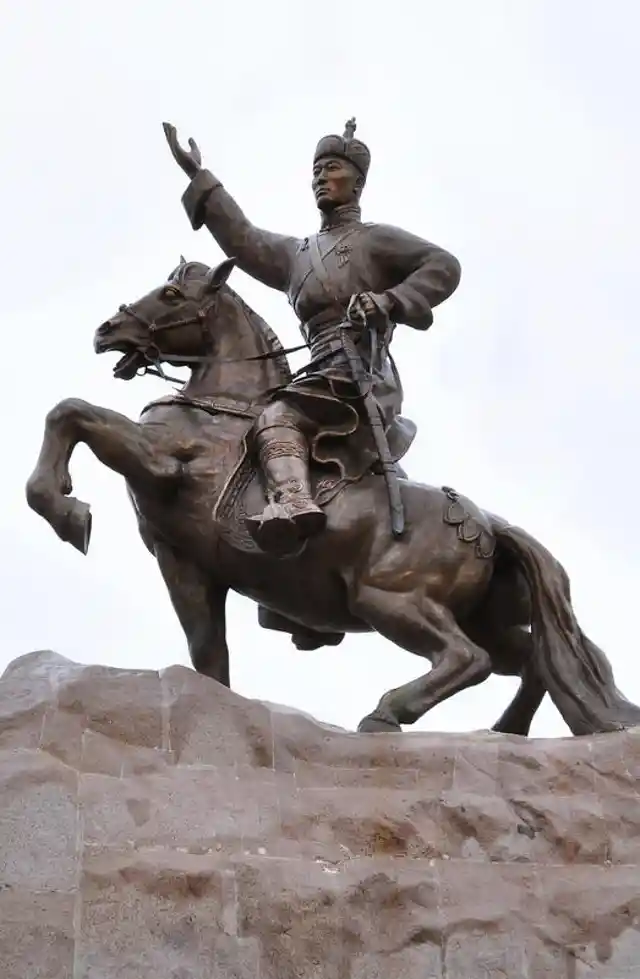

When Janibeg wanted to conquer the city of Caffa, his soldiers kept dying because of the black plague. He sent them into battle anyway, and therefore spread the pathogen into the city. It was a lot easier to win after that! Was it intentional? Hard to say, based on the scientific understanding at the time. It wasn't exactly up to par, to put it lightly!
Diversity Hit Hard
Diversity is a core value for so many today, a buzzword in movies, TV, and written critique. But did the black plague share our concerns about promoting any particular social structure?
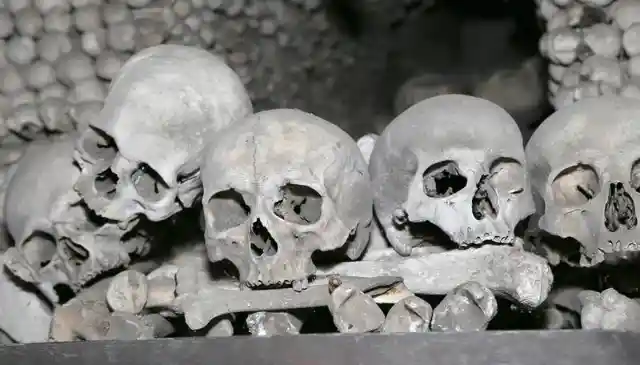
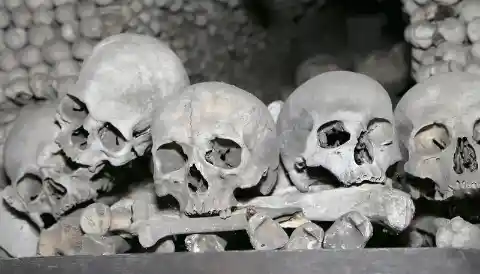
Well, 11th century England was studied and found to have a much more diverse gene pool back then. After the pandemic, genetic diversity decreased. Why? Well, it seems the Brits did not isolate their sick at all like the Italians thought should be done. And the plague ripped right through, with no mercy! Today, some of those traits are still M.I.A. and probably forever so!
Latin Loses
The linga franca of the modern era is definitely English. And for anyone born in the wider Anglosphere, it's pretty easy to jump around. But was this always the case, historically?


Yes, today most media is in English. But it could have been Latin! English was just one of many languages spoken in medieval times, and one factor really elevated it. Unfortunately, the plague killed a lot of clergy. They were Latin speakers, and this died with them in the end. English became dominant without the same competition, and it looks like it's officially here to stay!
Culling The Weak
The disease really was nasty, and it targeted one group of people in every age group more than others. The frail were the biggest victims of this history bending event, and hundreds of thousands could be wiped out in a short period. What was the consequence of this pattern, later on?
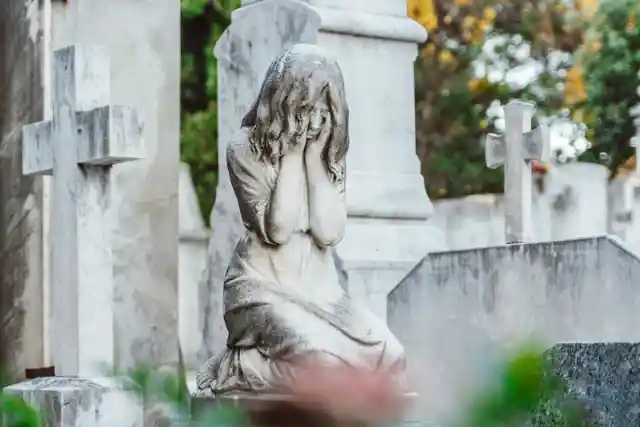
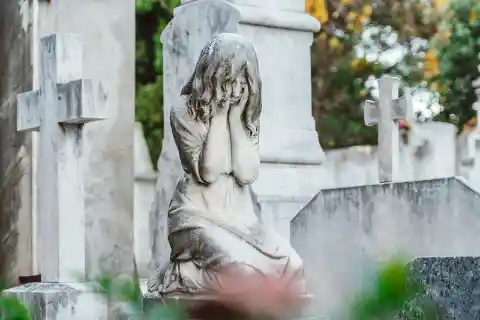
The Black Death was an accelerated event of natural selection, removing the physically weakest individuals on an international level. Europe had fewer humans with poor immune systems, genetic disease, or malnutrition damage after it was all over. Sad, but true!
Older Outcomes
Looking at age of death, one researcher found some interesting data points about the plague. It seems that a higher proportion of Europeans lived to older ages after the pandemic ended. What is that all about, and how did it affect the emerging society?
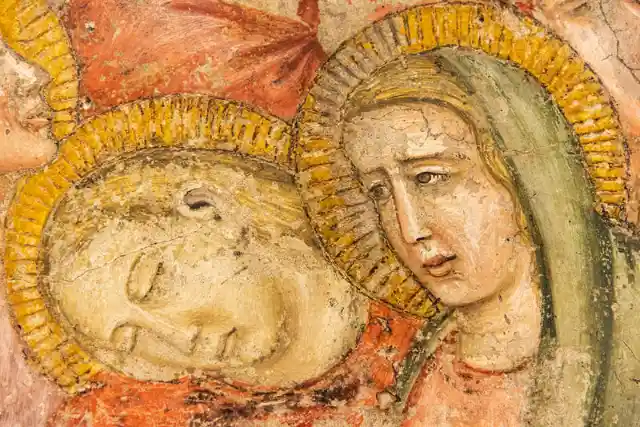
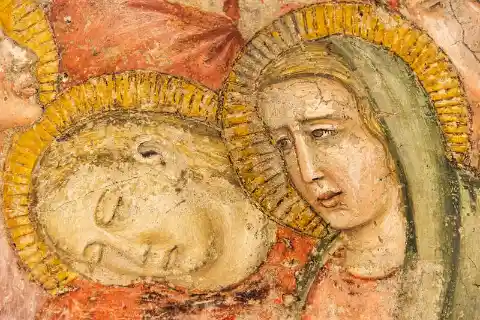
Those that actually survived the epidemic were more likely to survive in general. Society saw a new norm where people lived through their reproductive year past the age of 50 more than ever, which wasn't always the case before. Life was tough back then! Survivors were the new majority, and they clearly had a genetic advantage.
Contagion Clues
We all know now that diseases often spread by touch. But that was not always common knowledge! How did the mass observation of the plague affect this understanding in the populace, especially at a time when religion was usually the explanation?
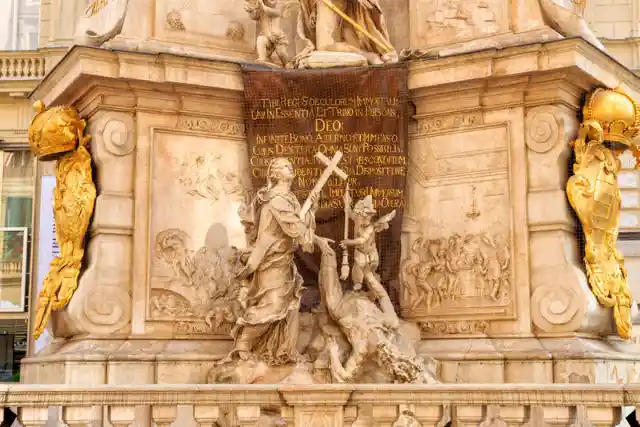

With the black death killing so many, other ideas started to pop up. Yes, religion, played a role. But doctors did start to formulate an idea of contagion, even if the existence of bacteria and viruses was not yet discovered. The future would hold plenty of surprises in the field, but there's a beginning to everything. And this was it!
Down Vote: Catholic Church
In times of panic, many people turn to religion. And frankly, a deadly plague qualifies! One might think that the dominant Catholic church would only grow stronger during this period, but something ended up changing that for good.


Sadly, the black death killed many priests. Replacing them at a rapid rate meant the applicants became less and less qualified as the pandemic raged on. In fact, some of the new spiritual advisors were morally awful, and people started to distrust the institution. Like never before, in fact!
Up Vote: Protestant Church
The black death caused a vacuum in moral leadership that led to the Protestant Reformation, in part. Many people ended up rejecting Vatican authority in the wake of all the carnage, and that was an opportunity for another emerging group. Say hello to the protestants!
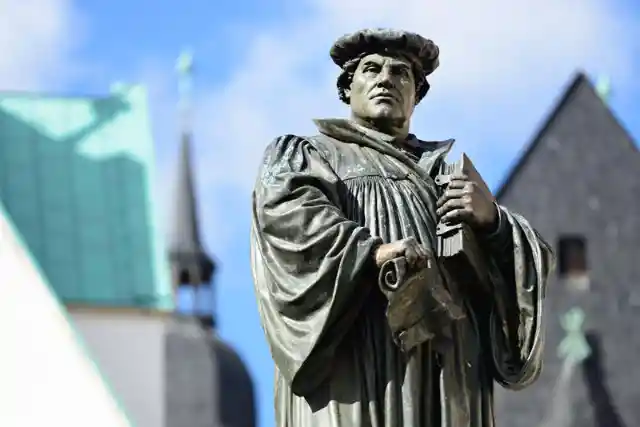

Corrupt priests led to a weakening of Catholic influence, and lent credence to Protestant arguments all along that the Vatican was corrupt. People really needed something to believe in during their grief, and the reformation grew and grew. Martin Luther never imagined he would finally become so popular thanks to a plague, of all things!
Modern Property Laws
Death is hard enough to deal with, but the legal drama surrounding inheritance can be a double whammy for many already grieving. What were the laws during the plague, by the way?


Millions and millions of property disputes really became unmanageable, and even trickier when entire families were wiped out all at once. This severe event led to a new set of inheritance laws, many of which still influence the modern legal system. New challenges lead to new precedents, and the bubonic plague is hard to overlook. It was more than a major!
Giant Gene Impact
The black death may be a plague from over 700 years ago, but it still has an effect on modern European genetics. The survivors are walking around now, and their DNA has quite a story to tell. It's not all good news, either!
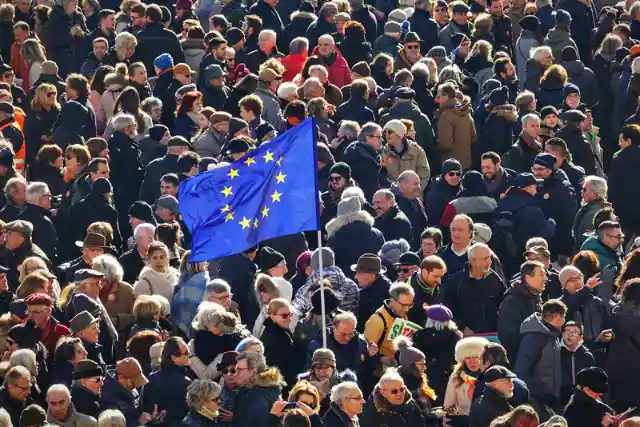
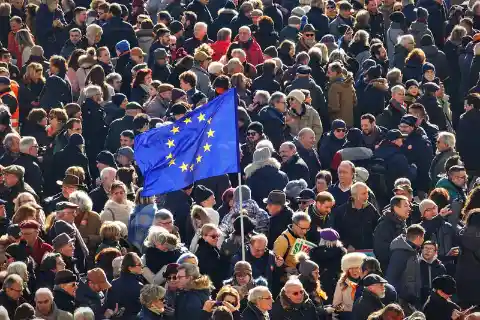
Today, Europeans are a lot more likely to get pro-inflammatory or autoimmune diseases. So weird, since only the strong survived! It seems that while many issues were eliminated, other things have stuck around and multiplied. Surprise, surprise!
Advantage: Workers
Job seekers always have the upper hand when there are more jobs than applicants. It's a sweet spot to be in, but the opposite applies, too. When there are more unemployed than available slots, the manager is in a great position. How did the black death affect this dynamic?
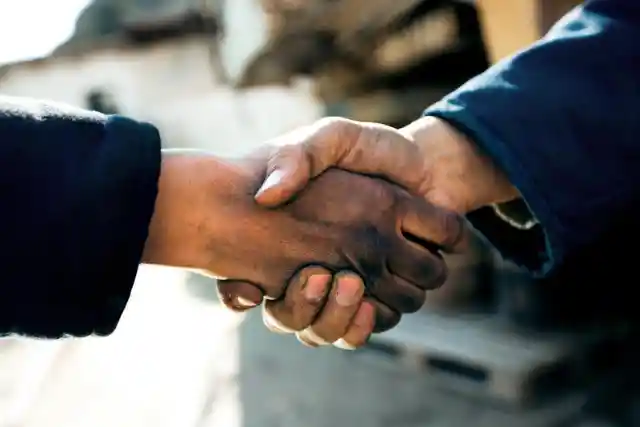
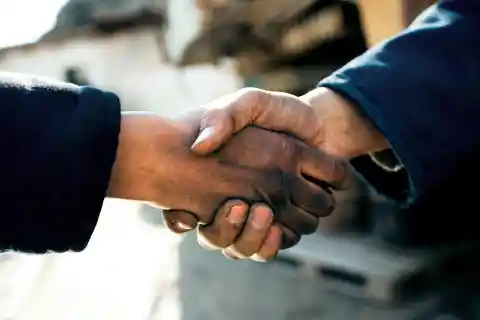
All those lords of the lands were forced to make working more attractive, which led to better wages and safety. Before, who cared? Now, they had to! A few decades later, the lords did try to go back to business as usual, but workers rioted. Now they knew their leverage!
Productive People
The deaths of so many friends and neighbors meant that the living had to move on without their skills and labor. As a result, nee methods of productivity popped up to fill the gaps. And it seems the changes became permanent!
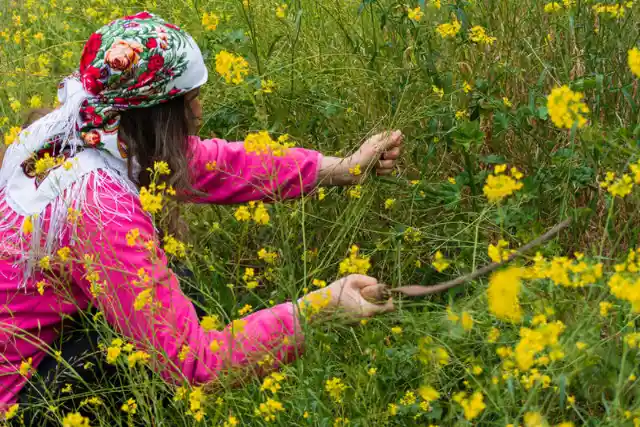

Survivors were forced to find more productive methods to work all on their own. New tech popped up, and industries shifted. A lot of labor intense grain farming switched to animal husbandry. And the rest is economic history!
New Art and Lit
Witnessing morbid scenes on a daily basis is bound to traumatize more than a few people Seeing bodies all over the place is no normal way to live! All that pain certainly had an effect on expression in art in literature for Europeans during the aftermath, which isn't surprising!
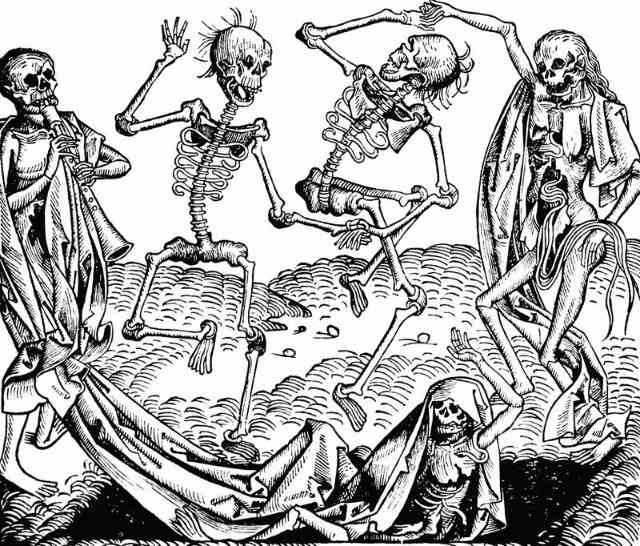
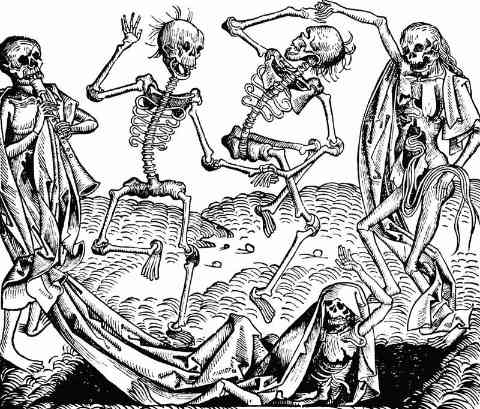
Art became morbid. Death-obsessed authors and painters created lasting works we still look at today as quite creepy. The dance of death was a scene of skeletons choosing the next victims, and this became popular. It remained so for hundreds of years!
Moral Madness
The new reality of deadly days during the black death really changed behavior. And why wouldn't it? When there's only a little time left to check things off the bucket list, people need to move fast!


People perhaps concluded they would never make it out alive, and many sexual and ethical codes were left behind for a time. It's not surprising, is it? Eventually, things did return to law and order in a moral sense. Still, it's one clear example of what chaos can bring, even with strong norms!
Ghost Villages Galore
Millions of individuals disappeared off the face of the planet during this plague, and that sometimes added up to entire towns. Yes, entire villages went poof. How many, exactly?
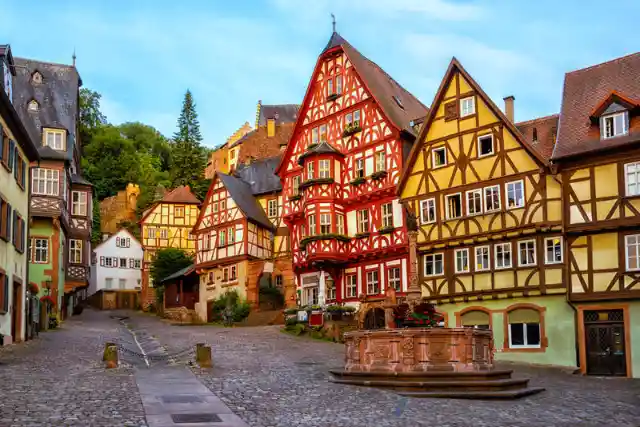
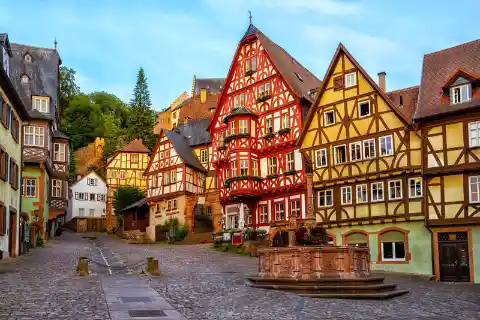
When the plague arrived, some villagers locked down and stayed where they were. But others took a different approach, fleeing to nearby cities. Areas that were highly populated became completely deserted! In England, 1300 villages were totally abandoned during the 1400s. Crazy, but true!
Holocaust Build Up
Unfortunately, people sere short on theories during the black death. Why was this all suddenly taking the lives of everyone in the town? One crazy idea that popped up was that the local Jews caused the sickness by poisoning drinking wells! Was there any truth to this rumor?


Of course not, but a myth spread all over Europe as a result. This was especially true in Germany, and some say that this cultural mentality really set the stage for the later nazi extermination program. The scapegoating stuck around a lot longer than the actual disease!
Future Forecast: Remote Work Day
So what about current events? With a deadly virus spreading around the globe right now, people have started to wonder what the future will look like after the crisis is solved. Work-wise, it's likely there will be at least a few lasting changes!


Experts predict that many jobs will become completely remote. Perhaps there is a real question about whether renting office space is even necessary! Additionally, bosses may put more emphasis on productivity rather than formal hours, going forward. Hard to know for sure — but a brave new world, this is!
Future Forecast: Religion Strained
Despite hopes from believers, the virus has attacked those in prayer. It doesn't discriminate against any faith, and people all around the world have found out the hard way. How will they ever return to normal, after social distancing ends?


It's hard to worship during quarantine, and many leaders publicly made promises that their followers would not get sick if they kept up rituals as usual. This has already turned out to be problematic, with death knocking on all doors. Only time will tell the future of religion and how many stay or go!
Future Forecast: Economic Surprises
Equally worrying for observers of the pandemic is the accompanying economy. The crash is nothing to scoff at at, they say. It is hard to predict exactly what will happen worldwide, but there's no denying that the great depression was a huge trauma for those who lived through it.


Some say there will be a brutal recession for a few years. Others do go straight into the depression prediction. Optimists insist life can go back to normal much faster because of the logistics set up and planned during the lock down. Bet time, starting now!
Future Forecast: Nationalism Rises
Many believe that perspectives on borders will change after a pandemic that ravaged the globe. And why wouldn't there be new discussion? Countries already tried to close their gates to stop the arrival of the virus, though most were too late.
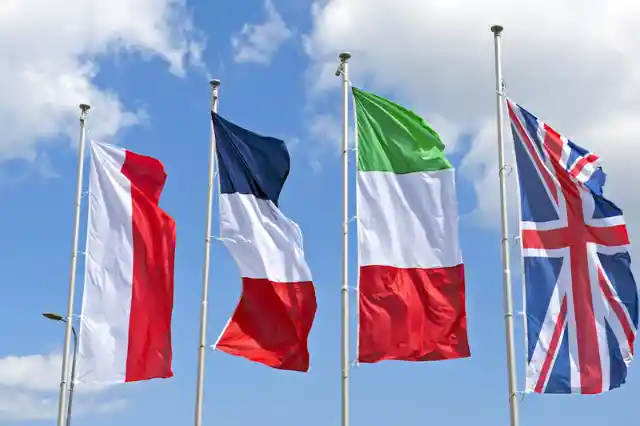
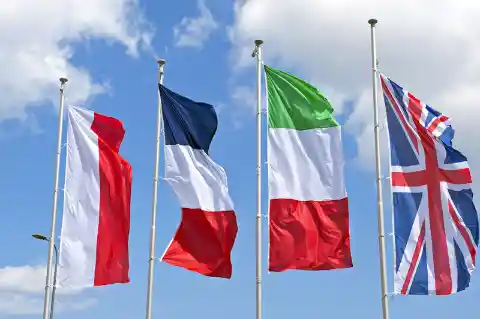
The European Union has long had a policy to keep open travel between member countries. Already, some on the continent are questioning if this ill prepares them for a pandemic response in terms of locking in outbreaks. Will this government agreement change soon? Brexit proved change is possible, it seems!
Future Forecast: Social Media Social Life
The nature of work may change,with a lot more Skype and Zoom going on in the the future. But out social lives have also been put on hold, and it's not clear when it will be safe to resume business as usual!


If it's really not safe to leave our residences for months and months, social lives are bound to become more virtual. Will this be permanent? Hard to say, but most people certainly hope not — especially during the sunny season!
Future Forecast: More Masks
Even as people start to go outside more, the fear will persist for awhile that the virus is still here. And there's probably truth to that! Masks have been mandated in many countries for those stepping outside, and it's likely that isn't going away anytime soon.
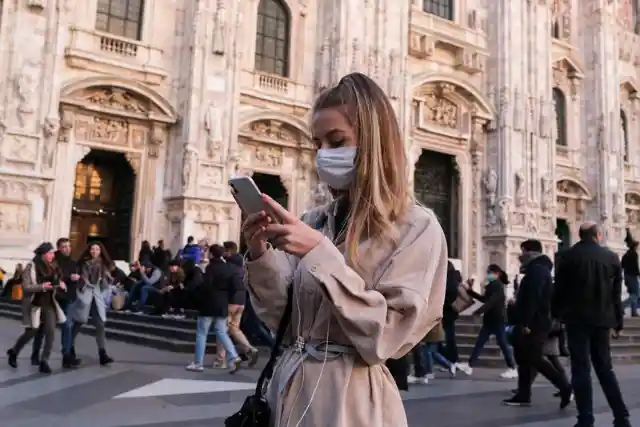
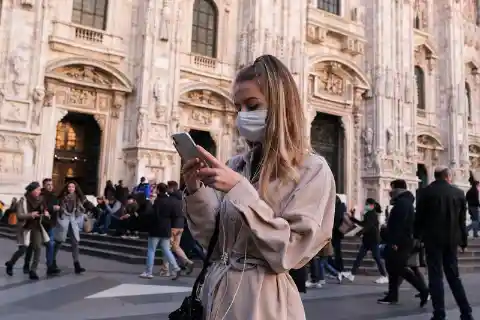
In Asia, public mask-wearing has been a norm for a very long time. Because so many emerging cities suffer from pollution problems, it has never been socially weird to wear this kind of contraption to begin with. Will it become less strange in the West?
Future Forecast: Virtual Gym Goals
Gyms were a major point of concern during the initial corona outbreak, because it wasn't clear quite how the virus spread so quickly. Was it lignering on surfaces? Was it a cloud of breath hanging around? Maybe a little bit of both?


A quick search reveals so many amazing videos exist on YouTube already, mainly to help homebodies get in shape. Now, it might be the best way to avoid contagion, too! Odds are, clicks and likes are going to increase to make sure waistlines do not. Squat, squat, lunge — go!